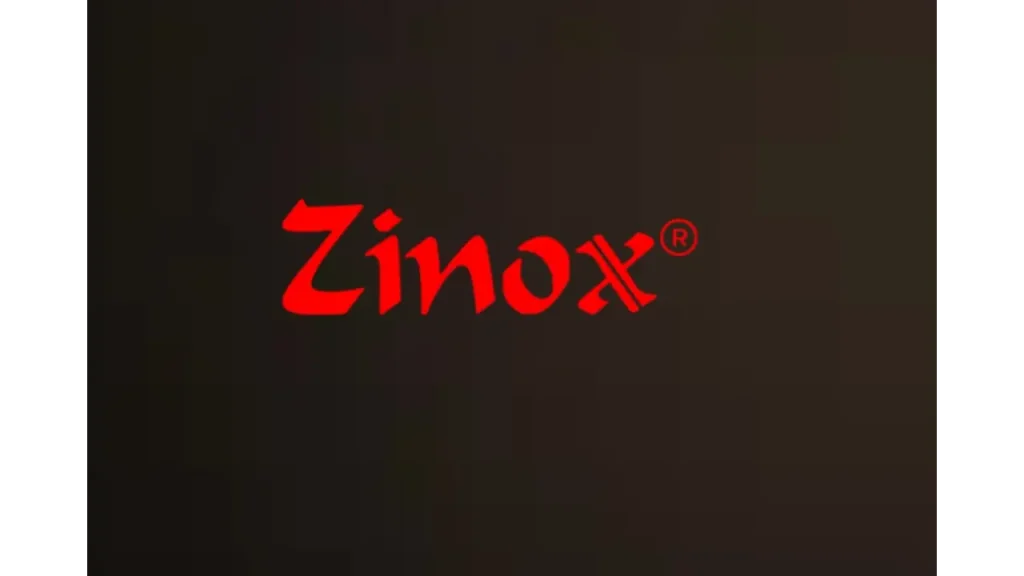• Zinox withdrew from the 2.3GHz spectrum auction, citing a decision by its board to focus on core end-to-end solutions rather than broaden into bandwidth licensing.
• The Nigerian telecom industry continues to confront major challenges: inflation and foreign exchange pressures, power supply reliability, regulatory and legislative complexity, and the digital divide—especially in rural or low-income communities.
Zinox Telecommunications Limited: Strategy and Identity
Zinox Telecommunications Limited operates under the umbrella of the Zinox Technologies group, founded in 2001 by Leo Stan Ekeh. As an ICT and telecoms provider, Zinox offers end-to-end solutions: from computer manufacturing to services and infrastructure deployments. A notable example of its innovation is its e-Learning services via the AMOS-17 satellite: Zinox partnered with Spacecom and Nigerian ISPs to provide satellite-based connectivity and virtual learning resources for schools, enabling high throughput C-band coverage across Nigeria.
In October 2025, Zinox also launched the Computerise Nigeria Initiative in partnership with KongaCares. This CSR programme aims to deliver one million laptops and accompanying infrastructure—power solutions through inverters (iPower), satellite internet (Starlink), training and after-sales support—to young Nigerians across all 774 Local Government Areas.
Also read: Megabit Cloud: Africa-born global cloud provider
Also read: Cloudflare: Enhancing internet infrastructure in Africa
Industry Context: Challenges, Innovations, and Zinox’s Role
The broader Nigerian telecom industry has been under stress. Macroeconomic instability—such as naira devaluation and foreign exchange scarcity—is driving up costs of imported equipment. Prices over energy and inflation have risen dramatically. Telecom operators have to depend mostly on diesel generators because of the power source unreliable power supply. | In addition to burdens imposed through regulatory policies consist of multiple taxes, Right-of-Way (RoW) charges, and subscriber loss to be the consequence of SIM-to-NIN (National Identity Number) verification policies. In the context of innovation, operators are researching through novel revenue models like infrastructure sharing or flexible pricing, local device assembly to increase affordability, 5G rollout in major cities, and rural broadband expansion.
Zinox’s decision to withdraw from the NCC’s 2.3 GHz spectrum auction is illustrative. In a statement, Uche Nnadozie, Communications Adviser to Zinox Group, said the board concluded that participation would distract from the company’s “core competence” in end-to-end service delivery. By focusing on strengths such as hardware manufacture, renewable power systems (its iPower product line), satellite-based education services, and strategic partnerships (e.g., with KongaCares, Seplat Energy, the Nigerian Society of Engineers), Zinox is positioning itself to help fill in gaps in services, particularly for education, energy, and rural or underserved regions.

